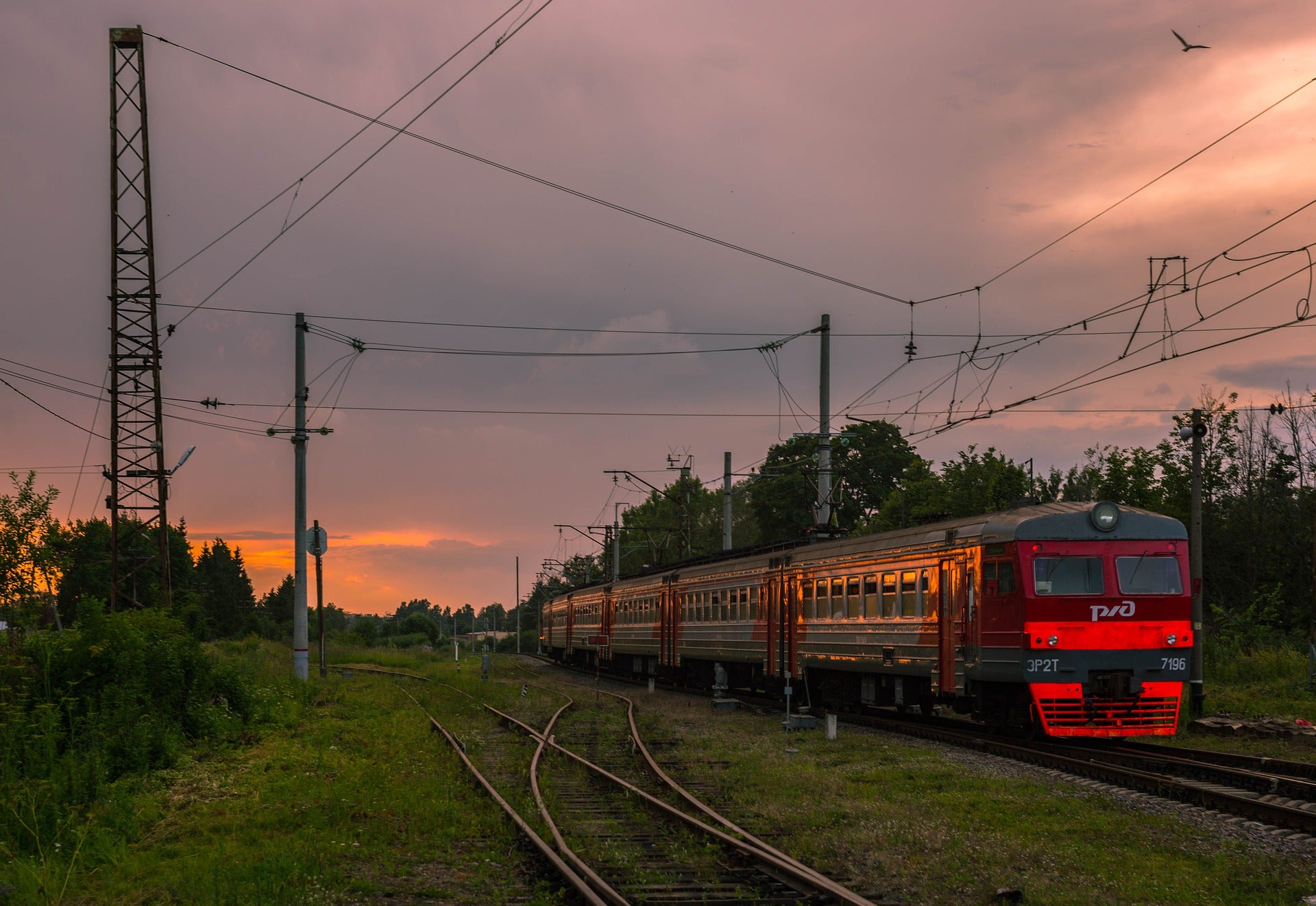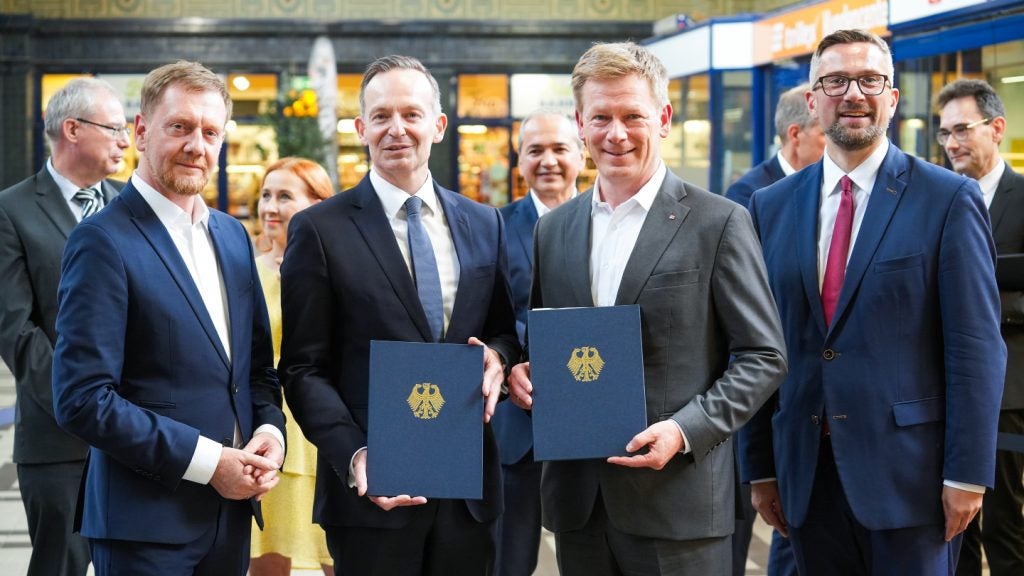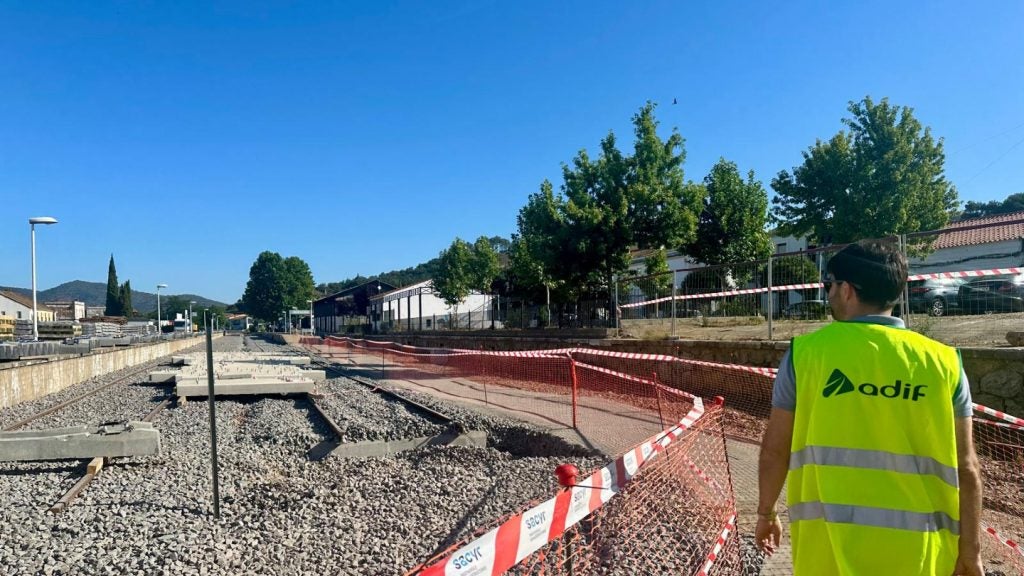
A high-speed electric train, Lastochka, equipped with an unmanned driving system was tested at the experimental ring of the Research Institute of Railway Transport in Shcherbinka, Moscow, as part of the PRO//Motion.1520 event which took place on 28 August.
The test involved using communication technology between the train and the tracks, technical vision tests, train self-regulation, as well as driving in a remote-controlled mode, making this a “historic day for Russia’s railways,” as the chief executive director and chairman of the board of Russian Railways Oleg Belozyorov described it.
“I can say that we are one year ahead of our foreign colleagues. Russian Railways seeks to introduce unmanned driving technology, primarily because it will provide an increased level of safety and reliability of transportation, especially for passengers,” added Belozyorov.
The technology equipped on the train allows to operate smoothly without human intervention, adhere to timetables, as well as slow down when the train detects any obstacle in the way.
While the train is unmanned, it will still be monitored and controlled by operators through a control centre. This enables an operator to transfer the train from automatic control to remote control in cases of emergency.
In the coming year, a series of tests are to be carried out to examine the technology in automatic mode under the control of drivers, but test trips with passengers are not planned at this stage.
How well do you really know your competitors?
Access the most comprehensive Company Profiles on the market, powered by GlobalData. Save hours of research. Gain competitive edge.

Thank you!
Your download email will arrive shortly
Not ready to buy yet? Download a free sample
We are confident about the unique quality of our Company Profiles. However, we want you to make the most beneficial decision for your business, so we offer a free sample that you can download by submitting the below form
By GlobalDataDeputy Prime Minister of the Russian Federation Maxim Akimov said that this is a “major technological breakthrough,” because it “was achieved by our engineers at our technical centres, at Russian Railways, together with a large number of different partners, which supplied the solution, while Russian Railways acted as the assembly centre. This is really a technological step forward into the future,” said Akimov.
Director for information technologies of Russian Railways Evgeny Charkin said that the company is ready for regular use of unmanned trains. However, the company is still working on sorting a number of issues, including ensuring safety and improving the regulatory framework.
Alongside the soft launch of the driverless train, a highlight of the international exhibit was the importance of capitalising artificial intelligence, machine learning and digitalisation not just when it comes to running trains but also for other tasks the rail sector entails.
According to Charkin, automation must also be used to do other administrative jobs such as planning for repairs and creating train and shipping schedules.
“About one billion people travel through our infrastructure every year. Our task is to understand who these people are and what we can offer them. Therefore, we are now building a system of analytics and targeted offers for our customers, including dynamic pricing mechanisms,” said Charkin.
Alongside automation, Russian Railways intend to prioritise cybersecurity, and to do so, it plans to start using quantum technology, Belozyorov said, labelling it another “breakthrough for rail”.
Quantum technology will reportedly make it easier to create secure systems to collect data on the state of infrastructure and transmission systems for control signals. However, Belozyorov noted that the technology is still in its initial stages and further research is required.
Belozyorov added that Russian Railways has prioritised digital transformation and is set to become “a leader in all areas”. The company has adopted the Strategy for Scientific and Technological Development up to 2030, which will define the main goals for its innovative development. This includes the creation of transportation control systems based on artificial intelligence, an intelligent station, and heavy and high-speed projects among others.







